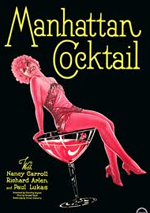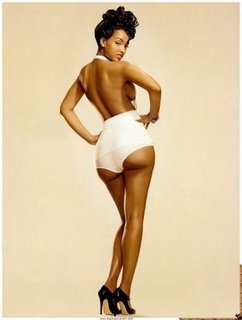During the past week, my blog stats registered approximately 2500 views, almost all of them because of Lindsay Lohan. On the highest day of LiLo frenzy, I had over 600 views for my post, “A Lesbian Looks Like…Lindsay Lohan?”
Despite my best efforts to ignore the LiLo frenzy, I too have been drawn back into its orbit. But let me make one thing clear: to those readers who’ve asked me to weigh in on the matter of Lohan’s sexual orientation, you can stop reading now because I won’t be offering my opinion about whether or not Lindsay is lesbian or bisexual, or in or out of the closet. In keeping with my previous analysis of her “post-gay” coming out, I remain agnostic on the question of her sexuality. What interests me is how people seem to be invested in uncovering the “truth” of Lindsay’s desire, and yet remain stuck having the same unproductive conversation over and over again. On message boards and elsewhere, it goes something like this:
Lindsay is a lesbian!!
No she isn’t, it’s just a stage! (Lindsay fan determined to heterosexualize her idol)
Hello, in case you haven’t noticed she’s been with a girl for months! Sam Ronson looks like a dude but he’s a girl. Lindsay is a lez!! (Idiotic straight guy #1)
No, she’s bisexual.
What a waste of a gorgeous girl! (Idiotic straight guy #2)
That makes her hotter! She’s bangin. (Idiotic straight guy #3)
So what if she is a lesbian or bisexual. She’s awesome and gorgeous! Leave Lindsay alone!
With a level of discourse this high, what’s left for your favorite sublimely femme queer theorist to say?! Well, really just this. There seem to be two dominant schools of thought about Lindsay’s sexuality, both of which turn on the “problem” of her femininity. The first position, which I’ve written about before, is that she couldn’t really be a lesbian because, hell, just look at her! The other position is the inversion of the first. It claims that Samantha Ronson is a real lesbian (hell, just look at her!) and Lindsay wouldn’t chose a girl like that unless she was herself really queer. In this reading, it’s the butch’s supposedly irrefutable lesbian appearance that provides evidence for the femme’s queerness. However, in both cases, queer femininity is fundamentally framed not just as a contradiction in terms but as a disappearing act.
In her song titled “Rumors,” (insert ironic aside of your choice) Lindsay sings, “I just want to be me.” But how do you come to terms with yourself in a world that doesn’t even see you?
Filed under: Celebrity, Queer Femininity | Tagged: bisexuality, butch/femme, femme invisibility, LiLo frenzy, post-gay | 8 Comments »






